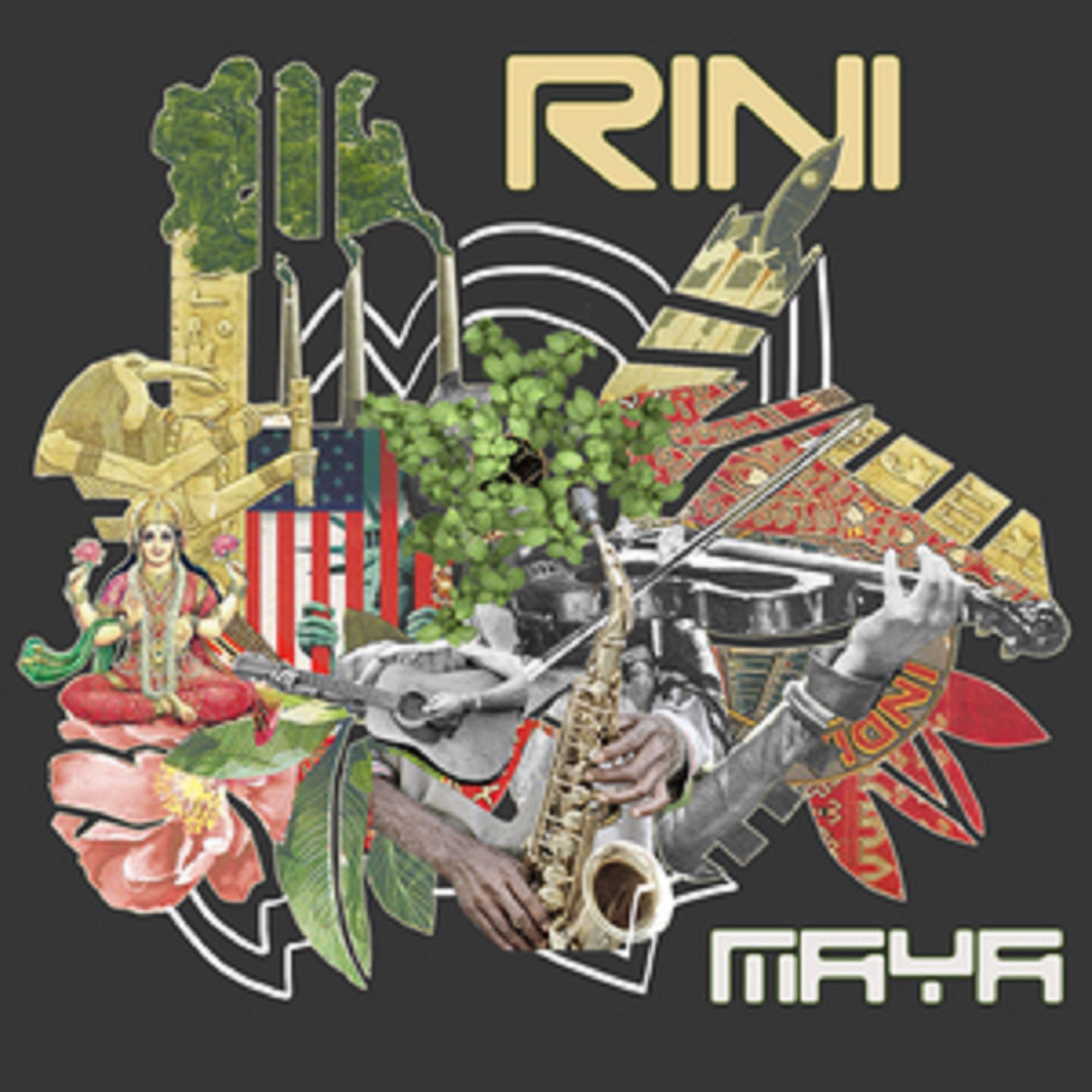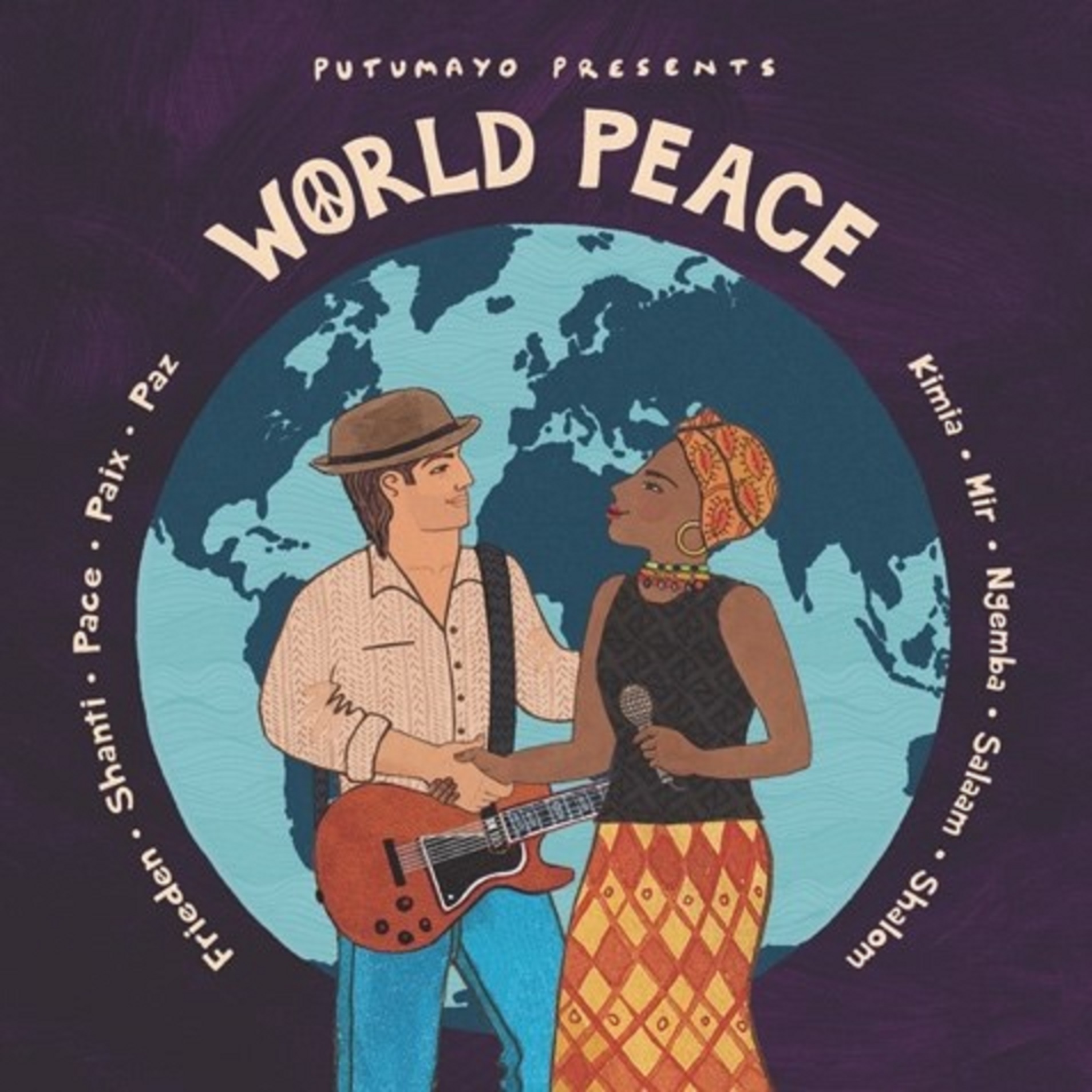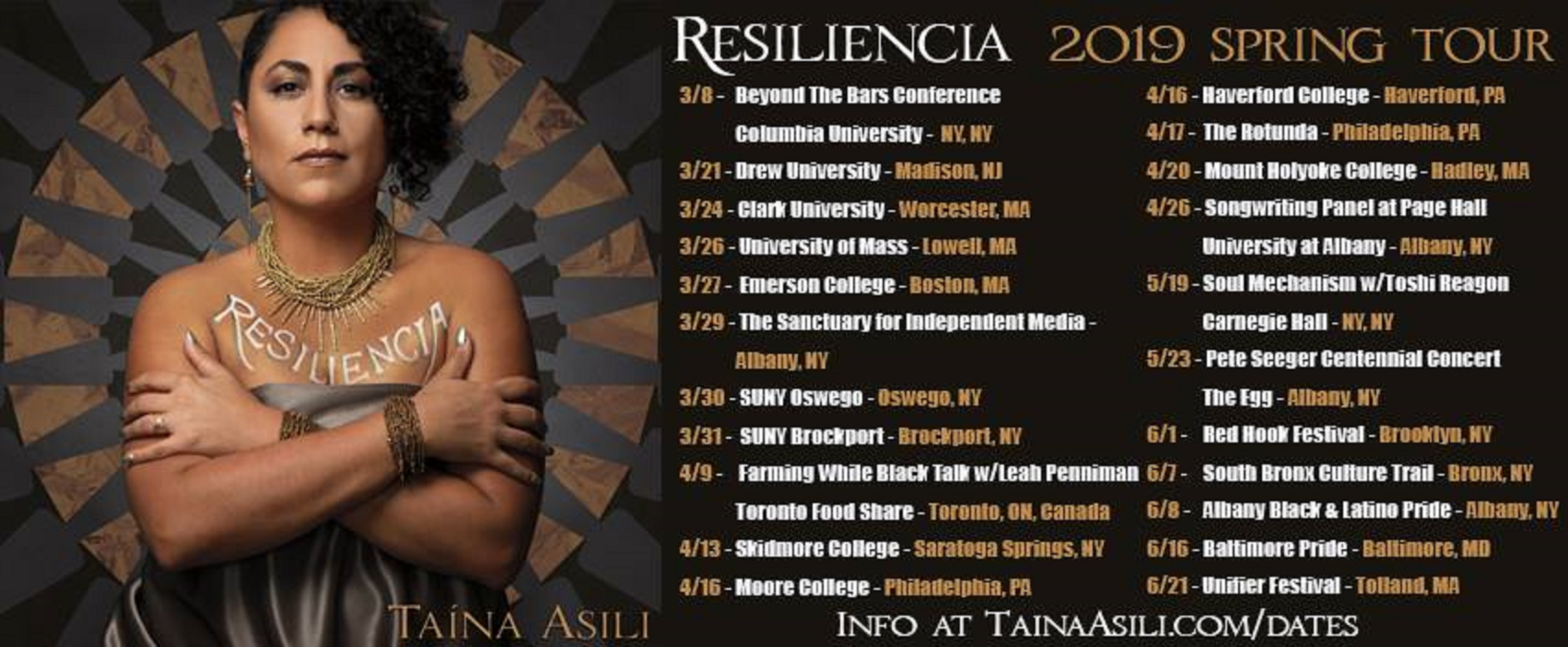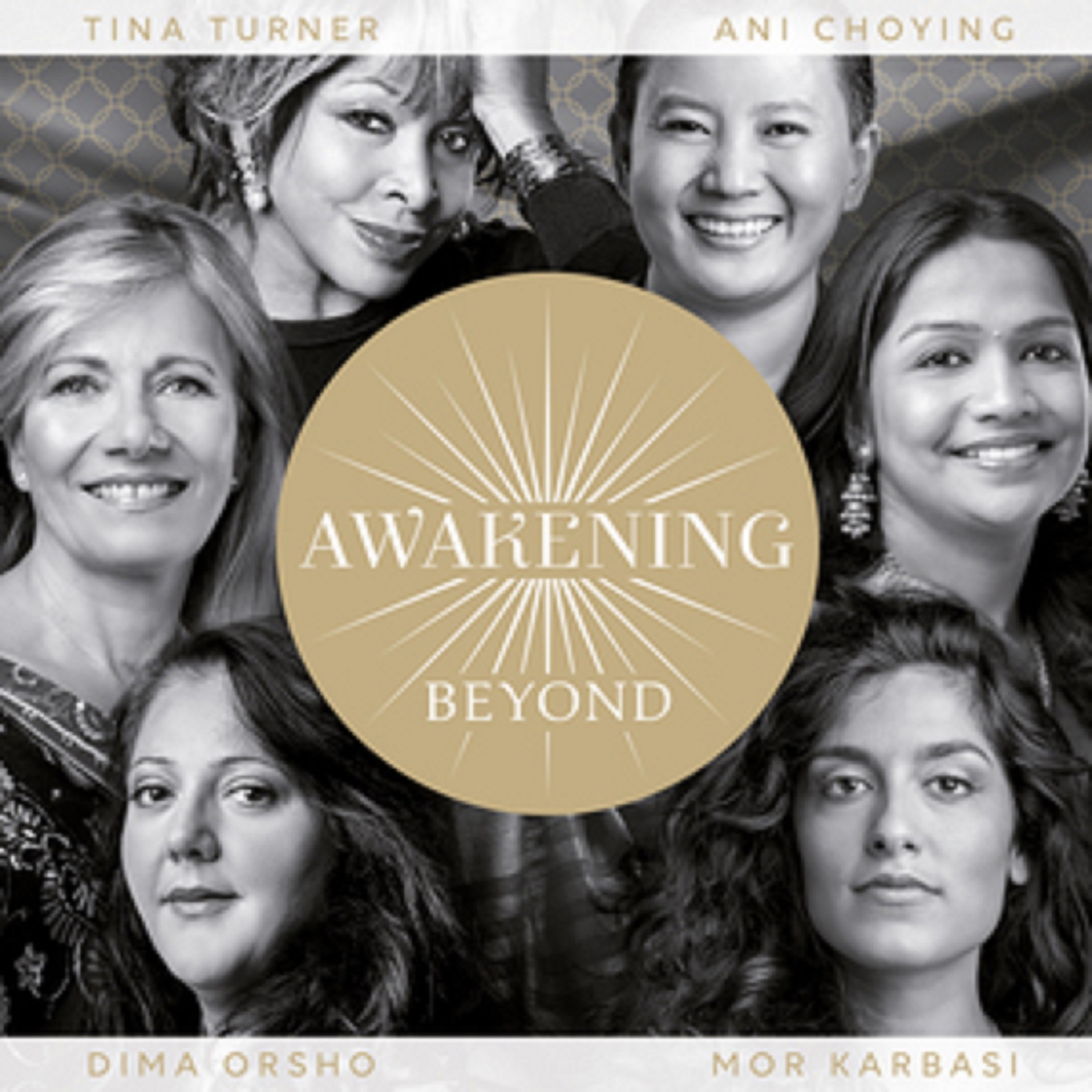What if Ludovico Einaudi was the resident composer on the Starship Enterprise? What if an entire song revolved around a cozy cup of hot coffee, as an entire South Asian city hums around you? Or around the heartache that climate change is poised to wreck on us all?
Chennai-born, New York-based violinist, vocalist, and composer Harini Raghavan spins quirky speculation into grooves and expansive melodies. She draws on her decades of Carnatic music training and her years at Berklee, shifting South Asian classical elements toward pop and jazz sensibilities in a refreshing, organic way. Using Ableton Live to expand the possibilities of her instruments, Raghavan and her band RINI mix the meditative and the funky, the technical and the catchy on Maya. (release: December 8, 2017)
Raghavan’s grandmother urged her and her siblings to study Carnatic music. After taking classes for a time, she found her guru. She adored lessons, feeling increasingly connected to the rich repertoire and technically demanding artform. “I felt spiritually connected. It really centered me,” Raghavan recalls. “I love the technical stuff, but that wasn’t what I thought about then. It was more about what I felt. Singing was one of the most important moments in my day. That was something that made me feel I should just keep going.”
She applied her passion for singing to all sorts of other music, from the American pop ballads she heard on the radio to favorite Bollywood songs she sang as part of school performances. Through the eclectic world of Bollywood compositions, Raghavan caught elements of jazz, blues, and other styles that intrigued her.
As she performed in Chennai, however, she realized something was missing: “After a point, I didn’t feel complete. I was learning songs and singing and playing, but I had this deeper connection to what I was listening. I felt like I could create something. I wanted to develop the skills where I could start composing. I wanted to meet people from all over, hear their stories and learn how they put everything together.”
That quest eventually took her to Berklee in Boston, where she specialized in electronic music. “Toward the end of my time there, I formed RINI,” she recounts. “That was the first time I put a band together, and from our first performance, I loved it.” She had gotten her wish: to explore musical expression with a multicultural group of talented musicians. “The band is comprised of people from all over, from Luxembourg to Indonesia. It was amazing to share the music with them, to create with them.
This spirit of sharing frames Raghavan’s experiments and experience in electronic production, sounds that are front and center on much of Maya. “I love the textures and love how it blends with Indian elements,” says Raghavan. “I use Ableton and lots of loops, as well as sing and play and conduct the band.”
Raghavan moved to New York, where she kept playing and kept the band together. She wrote songs, some fanciful (“Warp 9,” an homage to Star Trek and the restrained drama of Einaudi’s work) and fun (a Tamil lullaby-inspired song to soothe Raghavan’s hyperactive puppy, “Lullaby”), and some serious conceptual explorations that looked at science and belief, at devotion and reason.
Inspired by a talk by writer Amitabh Ghosh, “Maya” reflects the delusion that all is well and the starkly contrasting reality of the threat of climate change, painting two sonic pictures with a tip of the hat to Beats Antique. “The Red Moon,” a modal piece based on a classical raag, incorporates mantras chanted during solar eclipses, asking listeners to reflect on our susceptibility to misreading cosmic phenomena in limited human terms. She also paid tribute to her hometown, capturing the pleasures of a strong cup of coffee during the classical music season on “Filter Kapi,” a tribute to Chennai’s favorite drink.
Raghavan liked what she was crafting, but wasn’t sure when she would feel ready to record an album. Then the country experienced a peculiar political moment in early November 2016. The urgency increased for Raghavan. “I kept thinking about everything that affects us, from the stupidity of our newsfeeds to the challenges of our religious beliefs,” she reflects. “We need to look to the future and work backward. We need to stop focusing on petty things. That’s what I wanted to shout to the world. I had so many tracks. It was time, I decided.”
She forged ahead, creating music as multilayered as her intellectual influences and nuanced emotions, thanks to RINI. With her bandmates (many of them fellow Berklee alums), “We put Indian music in a global context,” she muses. “It feels like the right place to be.”















